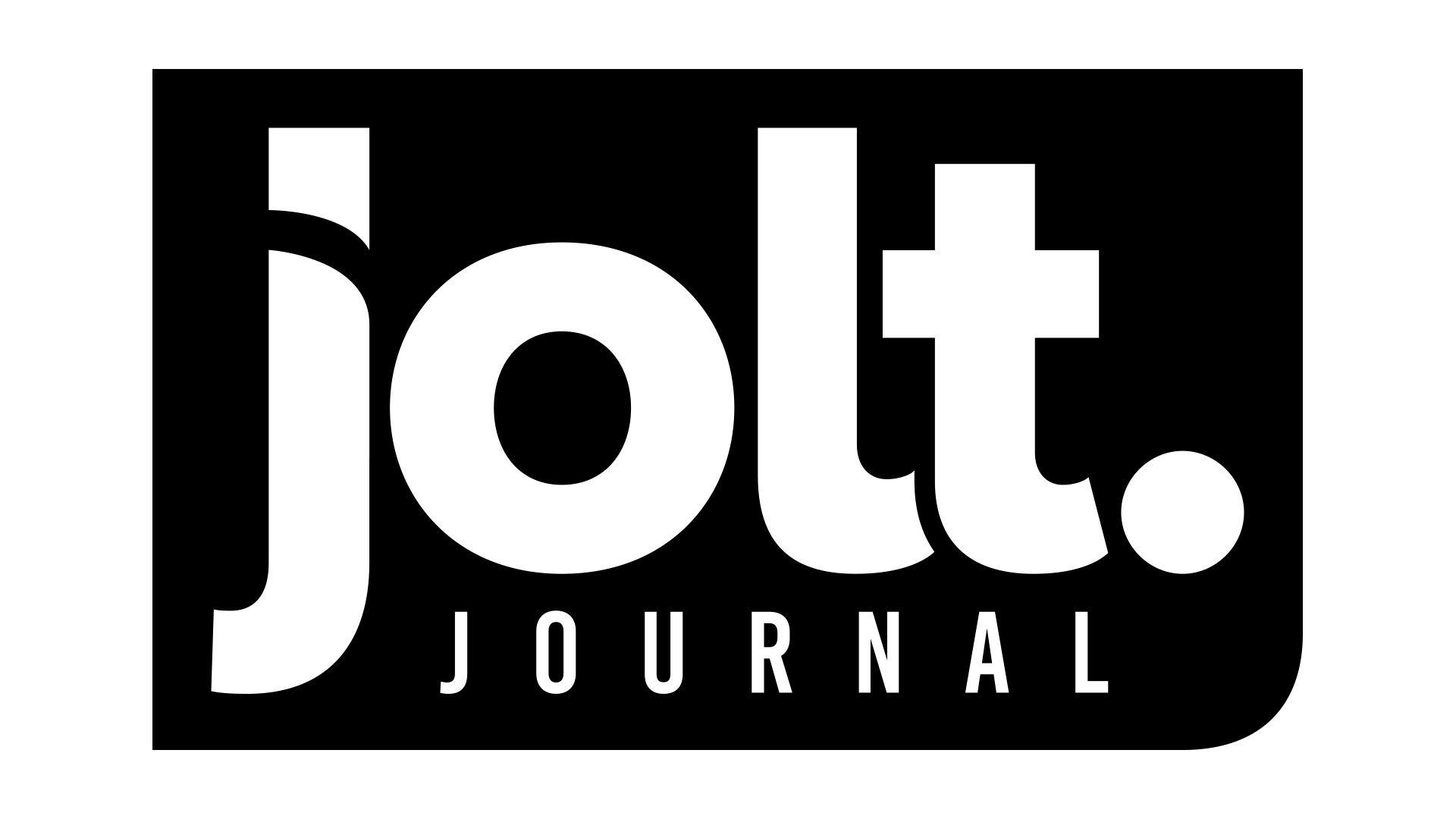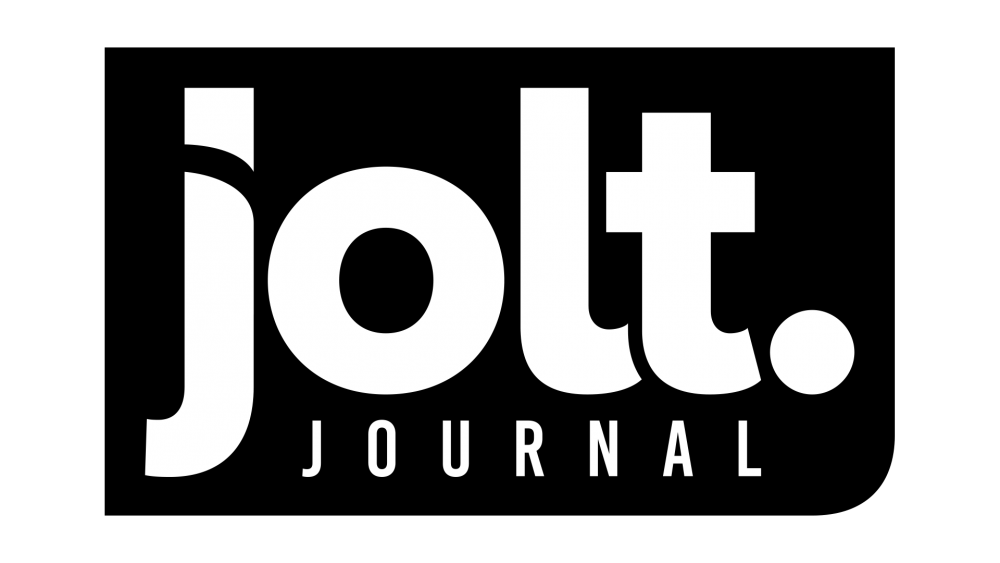We’ve previously discussed student loan forgiveness programs, but there are some programs that will outright discharge your outstanding student loans. We’ll discuss several of those options and guide you in the best way possible.
At times, there aren’t enough resources available to guide you in the right direction, that’s why we have made it our mission to guide you towards the best possible options for you. Whether that’s loan forgiveness or trying to get your student loan discharged, we’re here for you.
One thing to keep in mind that you’re not eligible for federal student loan forgiveness programs if you have a private loan, there are also other strategies we will discuss separately that will help manage private student loan debt.
Student Loan Discharge Program Options
- Total and Permanent Disability Discharge. If you’re not able to work due to being totally and permanently disabled, whether that’s physically or mentally, you may be able to qualify to have the remaining balance on your student loan debt canceled. To be eligible for this, you will need to provide documentation proving that you are no longer able to work due to permanent disability. Should you qualify and have your student loan forgiven, keep in mind that the government may monitor your finances and disability for three years. If for some reason you don’t meet the requirements during the monitoring period, the government may reinstate your student loan and the loan repayment will resume as usual. If you’re interested in learning more and starting the application process, you can head on over to disabilitydischarge.com.
- Borrower Defense Fraud to Repayment Discharge. If a borrower has been defrauded by a college for one reason or another, you may qualify for student loan discharge program debt relief. What you will need to do is file a borrower defense to repayment claim with the U.S. Department fo Education. If your claim is approved, you may have your entire loan completely discharged, subject to the discretion of the Department of Education. This is also subject to the evidence that your school was involved in clear, widespread fraud or engaged in deliberate misrepresentation that affected a wide range of borrowers.
- Discharge Due to School Closure. Borrowers may qualify to have their student loan discharged if your school closes. When your school closes, you must have been enrolled or have left within 120 days and have not received a degree from the school. If you believe that you fall into this student loan discharge program, contact your loan servicer to start the discharge application process. You will need to continue making payments on your loan while your application is in the review. If your application is approved, you will no longer need to make payments on your federal student loan and it will be discharged. You may even receive s refund for some or all of the past payments you’ve made to your federal student loan.
- Veterans Who Experienced Total and Permanent Disability Discharge. If you’re a veteran and are totally and permanently disabled, you can have your entire student loan debt discharged. This process is usually automatic, but can be at times declined due to potential state tax liability. There is no federal tax liability for veteran loan forgiveness, just to note.
- Student Loan Discharge Due to Death. If death occurs, your federal student debt will be completely discharged once a death certificate is submitted to your loan servicer. If a parent holds PLUS loans and dies, it will be discharged, too, or if you die, it will be dismissed either way.
It’s worth mentioning and discussing that student loan forgiveness options aren’t available to defaulted loans. You’ll need to take advantage of consolidation or rehabilitation to get defaulted federal student loans back into good standings and then apply for forgiveness programs. If you aren’t able to qualify any student loan discharge program options, then you’ll likely need to go for student loan settlement or bankruptcy to help reduce your debt. In the case of student loan discharge program options, defaulted federal loans are eligible for discharge programs.





